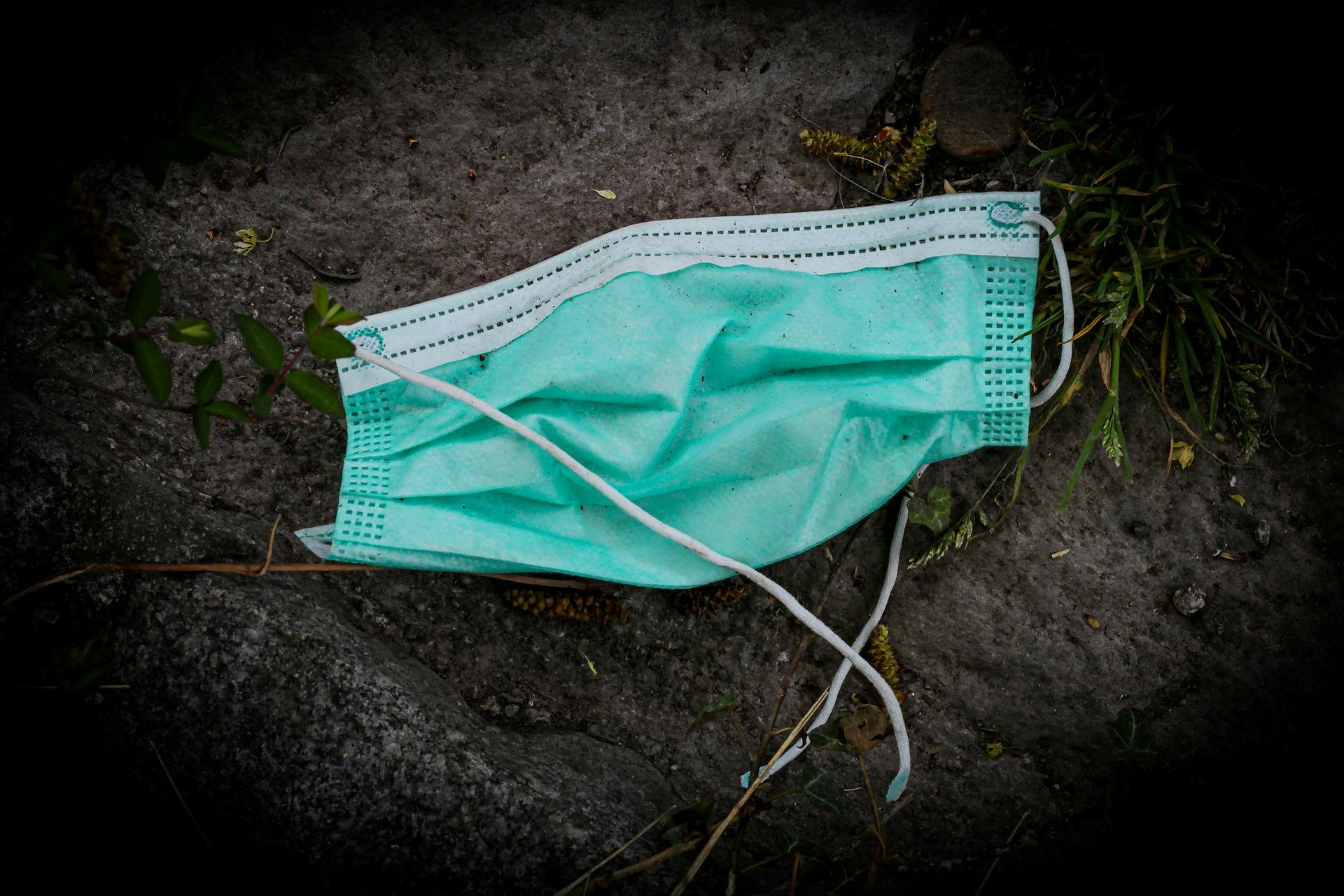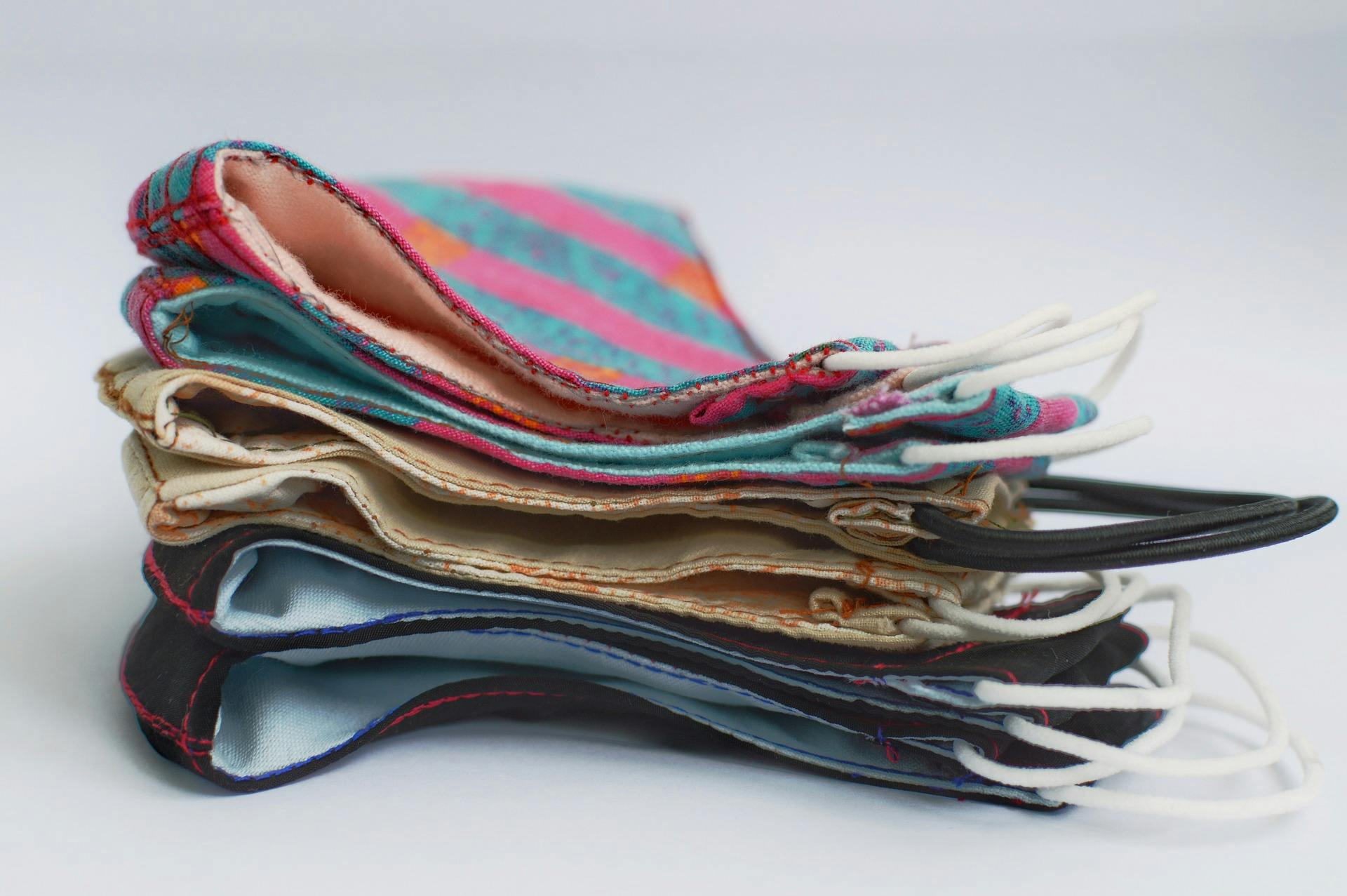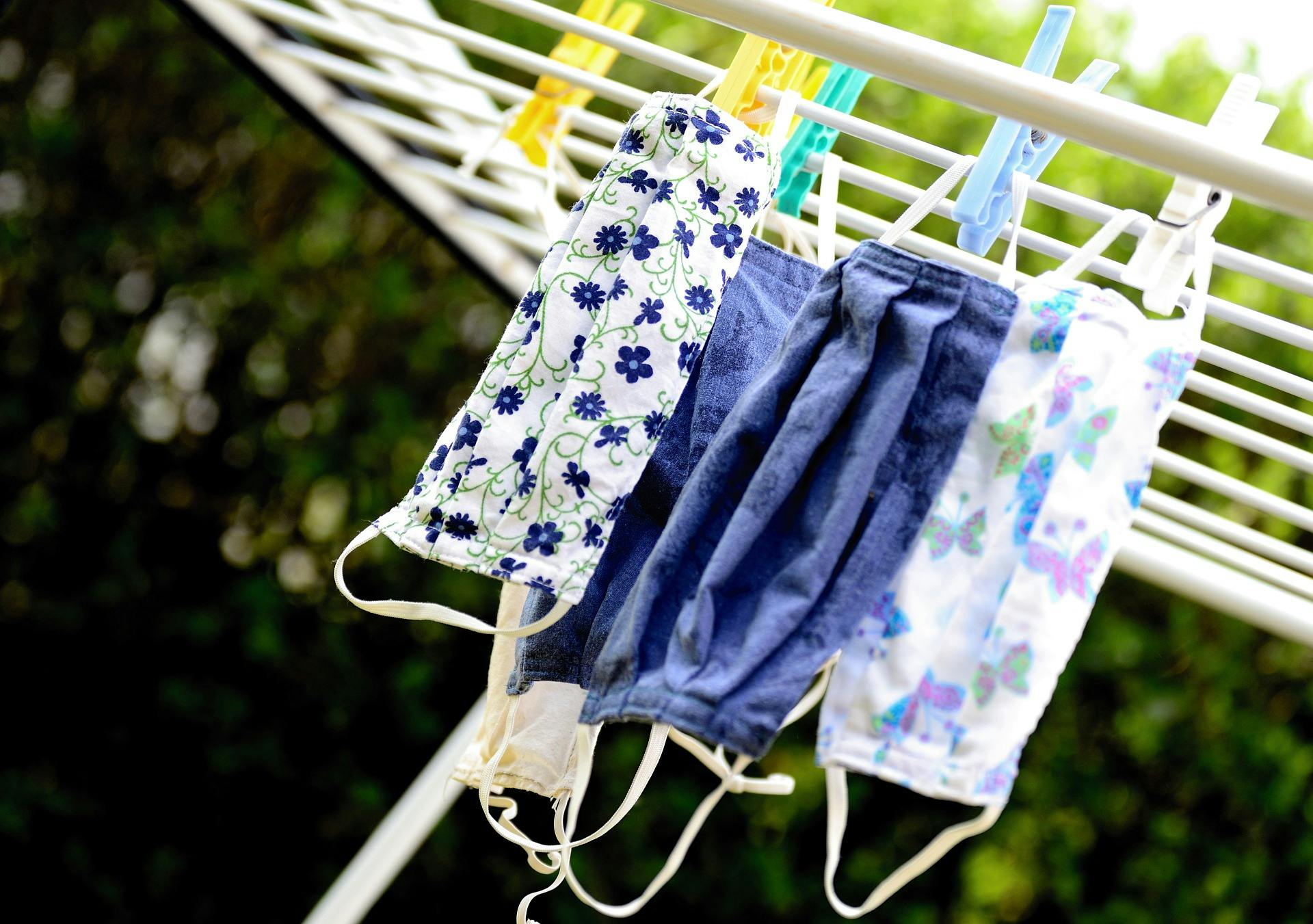The lockdown caused by the pandemic had some huge benefits for the health of our planet that are still being felt even as we return to work and school. For example, car emissions drastically dropped as people stayed home. But, there are also some social effects of the pandemic that aren’t so good. Many types of personal protective equipment (PPE) that have become a staple of the pandemic use plastics that, when not disposed of properly, end up in our waterways and oceans. For this reason, it’s important to know not only how to properly dispose of single-use PPE, but also what eco-friendly options are available as alternatives, including reusable PPE.
Properly Disposing of Single-Use PPE

Although there are reusable options available, single-use PPE still plays an important role in preventing the spread of the virus. It is the most effective at neutralizing the spread, and for this reason, it is often utilized by healthcare and other frontline workers. Single-use PPE includes respirators such as N95 and KN95 masks, 3-ply face masks, latex gloves, and PPE gowns. Once used, these items should be disposed of in the trash. While some of the materials used to make these items are recyclable, it is important to prevent them from contaminating other recyclable items, so they should never be recycled themselves.
The reason that the proper disposal of used PPE is important is two-fold. First, we don’t want it ending up as litter, which has been a sad reality of life during the pandemic. Second, we don’t want it to contaminate other people who may come in contact with it. As litter, used PPE could infect anyone who attempts to clean it up. And if it’s recycled, it could infect workers at recycling plants.
Reusable PPE Options

The two main types of reusable PPE are cloth face masks and plastic face shields. Cloth face masks aren’t as protective as respirators or even 3-ply surgical masks. However, they’re the perfect option for the average person who isn’t continually coming into contact with the virus. They protect other people from the wearer spreading the virus, they’re washable and reusable, and they come in an endless variety of colors and designs.
Plastic face shields are another way to protect yourself and those around you from spray that can contain the virus. They’re generally worn alongside face masks to add an extra layer of protection, though, because they do not offer the exact same type of protection as masks do. With that said, the average person does not need a face shield. These are generally beneficial only for frontline workers who are interacting with customers all day long. And as an added eco-friendly bonus, face shields can even be made out of recycled plastic.
How to Disinfect Reusable PPE

While single-use PPE should never be disinfected and reused, as the name implies, reusable PPE is designed with disinfection and reuse in mind. Cloth face masks can be washed with warm water and soap. This should be done after each use when the wearer comes in close contact with other people. After washing, the mask should be allowed to air dry. Alternatively, masks can be washed with laundry. This can provide a deeper clean but does not need to be done as frequently. Between laundry washes, the mask should still be cleaned with soap and water after each use.
Disinfecting a face mask is just as simple as disinfecting a cloth mask. They should be wiped down with non-bleach disinfectant wipes. First, wear a clean pair of gloves (rubber gloves that can be washed and reused are recommended). Second, wipe down both the inside and outside of the face shield. Third, wipe down the straps. Finally, allow the PPE to air dry.
Conclusion
To prevent litter from entering our waterways and people from getting exposed to the virus by infected PPE, it is important for all single-use PPE to be properly disposed of in the trash after use. For most people, reusable PPE is a better option for multiple reasons. It does the same job, reduces trash, and is customizable to match personal or brand styles. And, by properly disinfecting your reusable PPE, you can continue to stay safe without constantly buying new single-use items.
Eco-Friendly PPE from Safeguard Premier
Whether you need single-use or reusable PPE, Safeguard Premier is your distribution partner. Contact your local Safeguard Premier representative today for more information about our PPE options and short lead times. We look forward to hearing from you soon!

